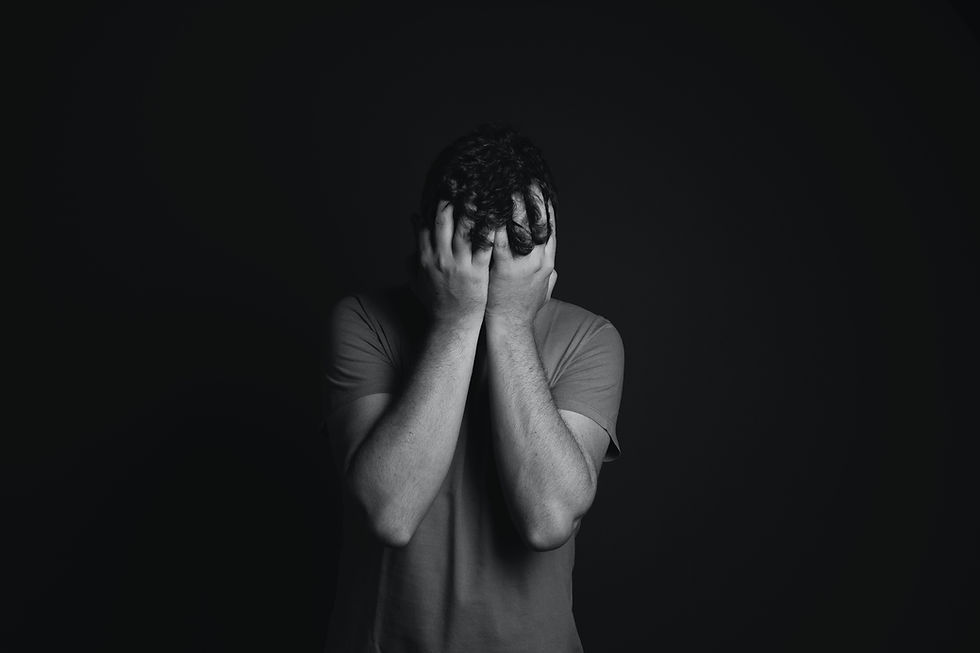Is a Lack of Size Diversity Fuelling Body Issues?
- jadestevenson16
- Oct 1, 2021
- 3 min read

As a petite mid-sized woman, a lack of representation of my body type in the fashion industry has had an impact on my body image. Despite the increase in plus-size models as of late, there still seems to be a lack of mid-size models in general. Although it is argued how representative of the community these ‘plus-size’ models are, since there is no definition of plus-size in the industry and the term is often used to describe models over a size 8. Also, smaller models have been encouraged to use body padding to represent plus-size models, as retailers want a plus-size body - but a thin face.
Now, there are more diverse models in the fashion industry and that it is becoming more inclusive of ethnicity, religion, and disability, while being increasingly more accessible to non-binary people. Yet, the fashion industry has not gone far enough. It is clear that an item of clothing in the same size will look different on different people, as a result of gender, epigenetics, height, weight, and many other factors.
The impact of unrepresentative models
This makes it difficult when shopping particularly online to find clothes that fit comfortably and are fashionable. Three quarters of plus-size women claimed that they were unhappy with clothing that retailers provided in their size, and particularly with the way they fitted. Clothes shopping was made even more difficult during the Covid-19 pandemic when we had to do more shopping online. Surveys have shown that when an item of clothing does not fit, it can have a negative impact on a person's well-being and self-confidence. This also has an impact on body image, since it distorts the idea of what we think our bodies should look like and makes us compare ourselves to impossible ideals.
The plus-size market is growing yet the fashion industry is reluctant to include bigger models and make bigger clothes. This enforces the idea of exclusivity within fashion and makes people, including myself, feel they need to change their body to fit into these clothes and societies' ideals. I understand that models are meant to make us aspire to buy those clothes, but it should not make us want to change our bodies to fit into them. For myself, I would be more likely to buy an item if there was someone modelling with a similar body type to me and therefore could see myself more realistically. Clothes are meant to fit our bodies, not the other way around - yet the fashion industry seems to profit on our insecurities by making us compare ourselves to an unrealistic and unattainable look.
Social media's influence on the fashion industry
The plus-size market is growing at a significantly faster rate than the rest of the market and studies have shown that the average UK woman is a size 16, which is considered to be plus-size. Yet, how often do we see mid-size or plus-size women in magazines or on the red carpet? It is clear that there needs to be more normalisation of plus-size clothing within the fashion industry, since it seems that if you are not below a size 8, you are not a priority. This leads to people in the plus size community internalising systematic fatphobia.
Bodies come in all shapes and sizes and the fashion industry has the ability to be empowering. Yet, a lack of representative models can be damaging to our mental well-being .The fashion industry should be making an effort to use a more diverse range of models and create comfortable and desirable clothing for everyone. Including a more diverse range of models and clothing will be both better for our mental health and for the profit margins of retailers.
The fashion industry is particularly influenced by social media, and many brands are more likely to make someone an influencer or a model if they have a larger social media platform. The recent body positivity trend that encourages people to embrace natural beauty in all shapes and sizes has led to a change in the way businesses market their brands. Therefore, even the smallest actions of following and interacting with plus-size models on social media can encourage brands to be more inclusive and accessible to all.



Comments